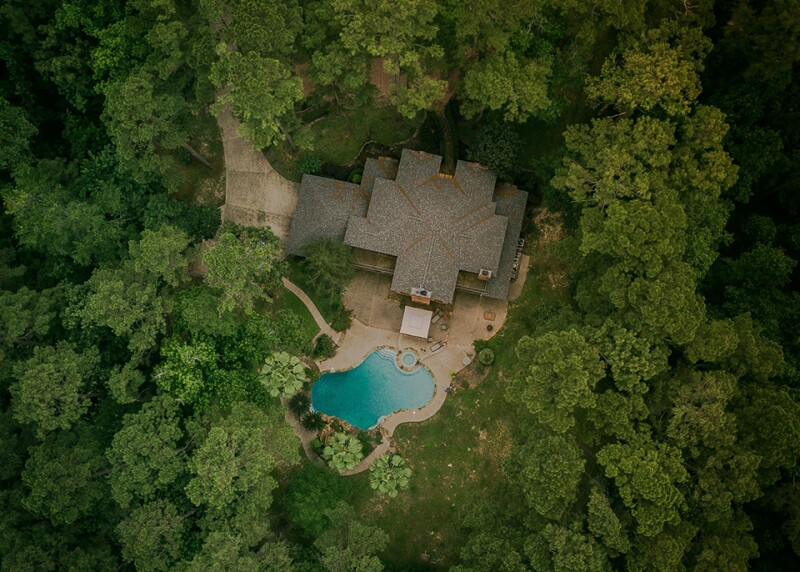 |
| JAPAN FOCUS |
Wealth management in Japan is a totally different story to anywhere else in the world. In most of Asia it is about rising youth, an emerging middle class and the technology required to serve them.
Access intelligence that drives action
To unlock this research, enter your email to log in or enquire about access




